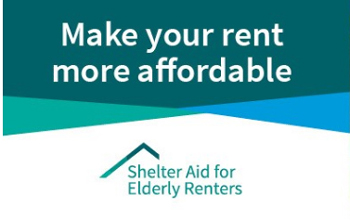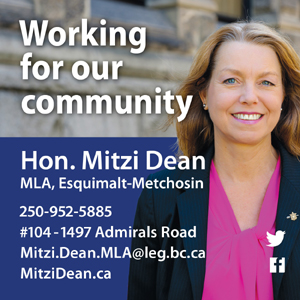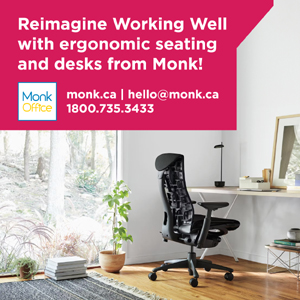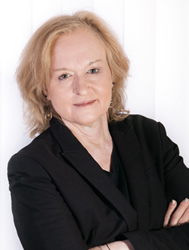Tuesday March 19, 2024 | VICTORIA, BC [Updated 5 pm]
Political analysis by Mary P Brooke | Island Social Trends
People in people who are over the age of 60 may apply for the Shelter Aid For Elderly Renters (SAFER) program through BC Housing.
The program was started several years ago, and has operated much the same since 2018. Currently, over 23,700 senior households in British Columbia are receiving monthly rent payments through the SAFER program.
The BC Seniors Advocate and the BC Greens have been particularly vocal about how the very low rent ceiling and the clawbacks through income calculations are penalizing people who rely on the program. Monthly payouts to SAFER recipients have gone down steadily over the years despite the rapid increase in cost of living.
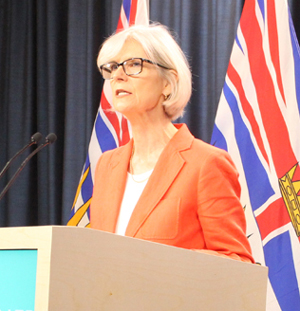
Last week in her final media season, then BC Seniors Advocate Isobel Mackenzie said “I don’t know why it’s taken so long”, implying that all the necessary data and realities of seniors have frequently been conveyed to government. Mackenzie said last week that for any senior who has to move from a rent-controlled accommodation to the open rental market it’s “catastrophic”.
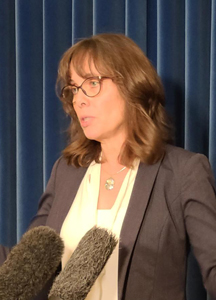
And last week BC Greens Leader Sonia Furstenau said the lack of attention to updating SAFER was “very strange and unsupportable” given all the evidence of program insufficiency and population need.
SAFER update coming soon:
Today Kahlon said that his ministry will be “reforming the SAFER grant so it continues to work for seniors (and that) it’s a priority for us”.
SAFER is “one of the tools” for supporting seniors, said Kahlon. “We’ll have more to say on that in the coming weeks, Kahlon added. But he wants to “assure there are opportunities for seniors to remain in homes, to have opportunities for new homes, it is something that we take very seriously”.
“BC Housing and the Ministry of Housing have completed a review of SAFER and RAP to help us better understand the challenges and how to improve the programs,” said the Housing Ministry today in a statement to Island Social Trends.
“We are working through the recommendations, reviewing options to improve uptake and impact of RAP and SAFER, simplify the application process, as well as improve accessibility of the programs for seniors and families. As the ministry works through options for the programs, more information will be shared,” the Ministry said today.
Last review in 2018:
The last review of SAFER was done in 2018, which today Housing Minister Ravi Kahlon said produced a 48% increase in how much SAFER recipients receive “because we know there’s a need in our communities”.
But Kahlon added his awareness that “we have seniors who have helped build this province who are now struggling for housing, that weighs on us very heavily”.
Now six years later, some 2022 data that was reported to government in 2023 is now in the final stages of review.
Since at least February of this year both Kahlon and Finance Minister Katrine Conroy (during Budget 2024) have said that an announcement is coming as to SAFER updates.
Lack of priority or confusion about supports:
The tardiness of any updates to SAFER shows at the very least a lack of priority for how important the program is for BC’s aging population. Kahlon’s immediate response today that a 42%* hike (the Minister said 48% in a media Q&A today, but the Ministry says 42%) was done in 2018 had a tone of ‘having done a lot already’, but then letting it slip to the back burner despite awareness that the number of older citizens in BC’s population has been fast approaching (and is now here).
It’s also possible that, until recently, SAFER was seen as something to assist the ‘unseen’ senior — low income, or likely in affordable housing, long-term care, or assisted living — all of which are already subsidized forms of housing.
Perhaps the government has lost track of how many seniors are living independently in community, which ironically is a thrust and focus of the Ministry of Health (knowing that is is less costly to society to have people continue living independently than to have them depend on expensive ways within the health-care system).
And perhaps there is an assumption that seniors who live independently are predominantly homeowners, as the Ministry today said in a statement to Island Social Trends: “BC Housing provides the BC Rebate for Accessible Home Adaptations program which provides seniors with a rebate of up to $17,500 to help them with the cost of making adaptions to their homes for independent living.” Seniors who rent would need to co-apply with their landlord.
Today the Ministry also mentions that the “BC Rent Bank continues to help people maintain their homes in times of immediate financial need”; a recent top-up of $11 million was issued by the province to the BC Rent Bank (administered by VanCity). But that support is only available when renters find themselves in a temporary crisis situation where they are ‘struggling to pay rent and/or essential utilities (gas/hydro). The funding is a loan; it does not supplement the applicant. BC Rent Bank loans would be an inappropriate option for low-income persons suddenly facing a significant rent increase in the open rental market.
Aging population:
The oldest baby-boomers are turning 78 years old this year. That means many more seniors are coming up into the system over the next 10 years for needing a range of seniors supports, including SAFER.
Who dropped the ball?
The Housing file in BC (not a full ministry) during 2018-2022 was overseen by Selina Robinson under then Premier John Horgan, and then by David Eby before he became premier. Housing only formed as a full standalone Ministry in December 2022, with Kahlon was appointed to that role by the new Premier Eby.

Disconnect with BC Housing?
If the Housing Minister is fully on board with helping seniors who rent, what was the disconnect with BC Housing?
The BC Housing board was turfed wholesale by the NDP government in 2022, after an independent probe of BC Housing uncovered some problems (including inadequate oversight over decisions and spending, and unclear roles and responsibilities potentially impacting BC Housing’s ability to manage risks). Perhaps it has taken time for the new board to become in-synch with the current government’s housing goals.
Either way, this is an oddity for a government that purports to be about ‘people first’. Bringing SAFER recipients back into line with the rest of the rental market seems incredibly necessary at this time.
Fixing the calculations:
For those who have studied the data and the realities for seniors, the changes to the SAFER calculation have been articulated many times. The fixes are relatively simple:
- Raise the rent ceiling (from the present $803) to at least the median of what SAFER recipients are already paying for rent.
- Start automatically including the 3.5% allowable annual rent increase that landlords can apply to rental accommodation for seniors who rent in the open market.
- Recognize that all the low income seniors receiving SAFER will automatically receive higher amounts for GIS and OAS (when the federal government increases those) which does not represent ‘higher income’ in the sense of moving into a higher income bracket (it’s only a way that the federal government is trying to help seniors keep up with the cost of living and inflation).
Overall, it requires a change of mindset of challenging people for wanting a government subsidy to honourably recognizing the need to help keep seniors financially whole when it comes to covering their rent.
Seniors are reliable voters:
It’s worth noting that most low-income seniors are women, and that most seniors do take the time and trouble to vote.
===== RELATED:
- Rental support for seniors needs an overhaul, and fast (March 17, 2024)
- Province gives $11 million boost to BC Rent Bank (February 2, 2024)
- BC Seniors Advocate: a billion more reasons to care (September 25, 2024)
- Adjusting the financial realities for seniors takes insight and commitment (August 15, 2023)
- December 2022 Cabinet Appointments by Premier David Eby (December 7, 2022)
===== ABOUT THE WRITER:
Island Social Trends Editor Mary P Brooke has been following BC politics through a socioeconomic lens since 2014, focusing on education and municipal issues 2014-2018, broader issues during 2018-2019, and covering the COVID pandemic daily during 2020-2022. She now reports with the BC Legislative Press Gallery.
Ms Brooke’s series of publications on south Vancouver Island since 2008 are in the permanent archives at the Sooke Region Museum: MapleLine Magazine (2008-2010), Sooke Voice News (2011-2013), West Shore Voice News (2014-2020), and Island Social Trends (2020 to present).
Mary P Brooke now focuses on housing and seniors issues, as well as food sustainability in BC.




